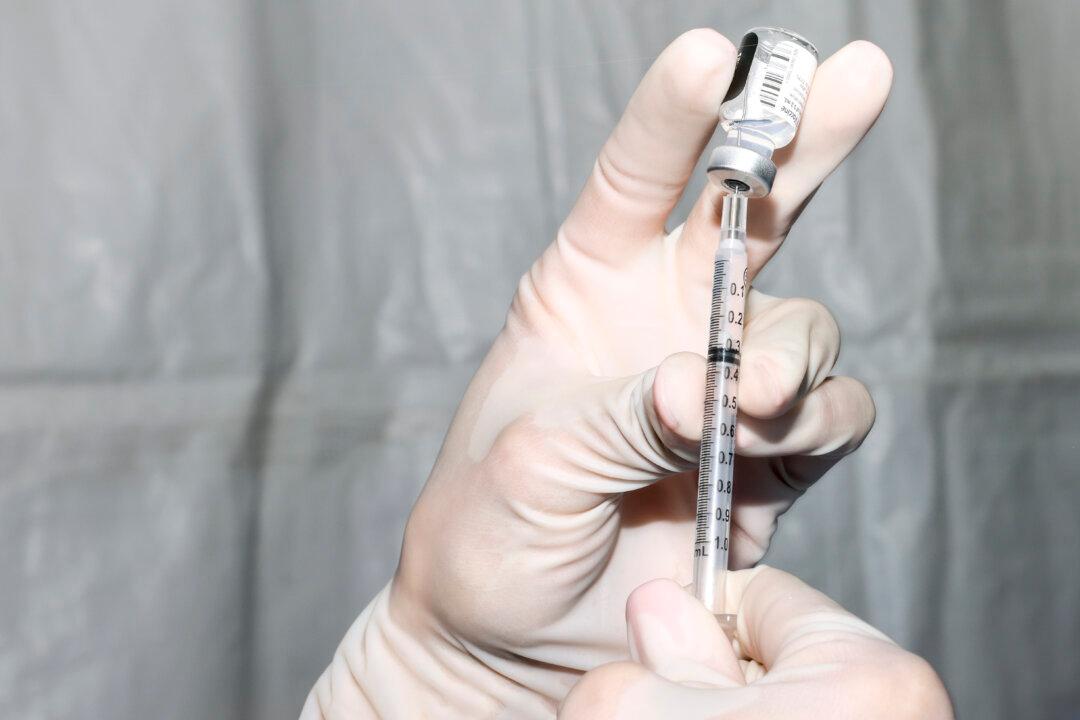Three Hawaii residents who were fully vaccinated against the CCP (Chinese Communist Party) virus have tested positive for COVID-19, the disease caused by the virus, according to the Hawaii Department of Health (DOH).
All three patients had received both doses of the Pfizer/BioNTech or Moderna vaccines, reported KITV4. They all experienced mild symptoms and did not appear to spread the disease to others, the DOH told the news station.





